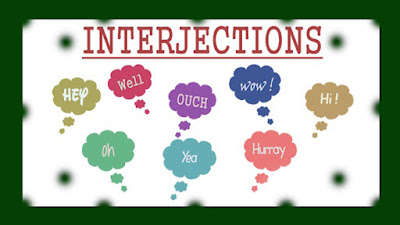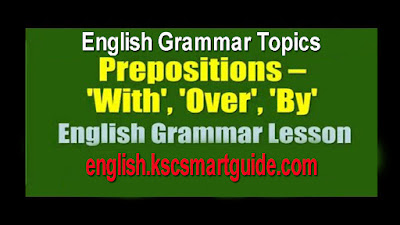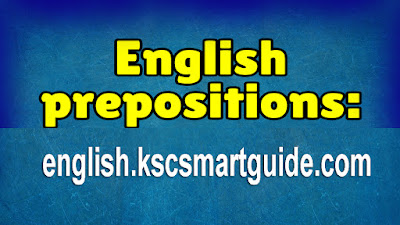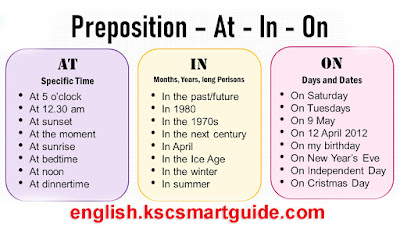Simple Present | English Grammar
The present simple is a verb tense with two main uses. We use the present simple when an action occurs right now, or when it occurs regularly (or constantly, which is why it is sometimes called the indefinite present). Depending on the person, the present simple is formed by using the root form or adding -s or -es at the end.
 |
| Simple Present-English Grammar |
How to form the simple Present
In the present simple, most regular verbs use the root form, except in the third person singular (which ends in -s).
First-person singular: I write
Second-person singular: You write
Third-person singular: He/she/it writes (note the ‑s)
First-person plural: We write
Second-person plural: You write
Third-person plural: They write
For some verbs, the third person singular ends with -es instead of -s. As a rule, these are verbs whose root ends in o, ch, sh, th, ss, gh or z.
First-person singular: I go
Second-person singular: You go
Third-person singular: He/she/it goes (note the ‑es)
First-person plural: We go
Second-person plural: You go
Third-person plural: They go
For most regular verbs, you put the negation of the verb before the verb, eg." She won't go" or "I don't feel a thing."
The verb to be is irregular:
First-person singular: I am
Second-person singular: You are
Third-person singular: He/she/it is
First-person plural: We are
Second-person plural: You are
Third-person plural: They are
Sentences of Simple Present Tense, Example Sentences
1.He loves to play basketball.
2.He goes to school.
3.Does he go to school?
4.She writes an email to her best friend.
5.He thinks he is very handsome.
6.It usually rains every day here.
7.It smells very delicious in the kitchen.
8.We generally sing songs all together.
9.We go to a gallery every Sunday.
10.Does he write an email?
11.The sun rises at the east.
12.She goes to work by car.
13.It doesn’t rain here in the summer.
14.We cook every day.
15.We go to the gym club together.
16.You have a big house.
17.Do we know each other?
18.They sleep in the afternoon.
19.When do they usually talk to each other?
20.The children are at home.
21.The earth goes round the sun.
22.George brushes his teeth twice a day.
23.He gets up early every day.
24.They speak English in the USA.
25.I like reading detective stories.
26.I like geography and science.
27.She doesn’t study German on Monday.
28.Does she live in Paris?
29.He doesn’t teach math.
30.Cats hate water.
31.Every child likes icecream.
32.My mother never lies.
33.The Earth is spherical.
34.She doesn’t use a computer.
English grammar, present simple, simple present tense, learn English, simple present, present simple tense, English grammar lessons, learn English grammar, English, English lesson, grammar, tenses in English grammar, basic English grammar, tenses in English grammar with examples, English tenses, English grammar tutorial, present simple vs present continuous, spoken English, present simple, English lessons, grammar English, English grammar lesson, learning English grammar, present simple English, beginner English
Join Latest Education WhatsApp Group Links
Join Job Alerts WhatsApp Group Links
Join Govt Jobs All over India Whatsapp Group Links

 K.S.Chowdary
K.S.Chowdary















%20-%20English%20Speaking%20Basics.jpg)
%20-%20English%20Speaking%20Basics%20-%20Part%20III.jpg)

